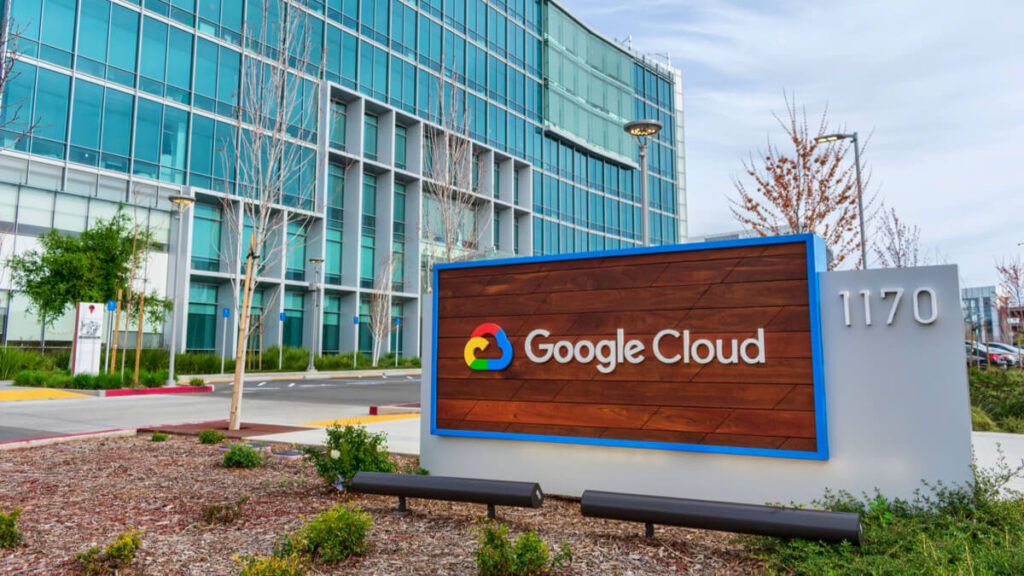Google Cloud, Ericsson partner up on 5G Cloud solutions

Google Cloud and Ericsson announced earlier this week a joint project that will provide new 5G cloud solutions to help communications service providers (CSPs) digitally transform and to unlock new enterprise and consumer use cases.
The pair aims to merge Google Cloud’s services with 5G wireless equipment built by Ericsson to develop new solutions at Ericsson’s Silicon Valley D-15 Labs – an innovation center where advanced solutions and technologies can be developed and tested on a live — multi-layers 5G platform.
This collaboration will provide cloud computing for time-sensitive applications such as robotics and virtual reality, that will only work when the digital signal travels over a short distance.
Google Cloud, owned by parent company Alphabet, along with the Swedish telecom vendor have already started their trials with an Italian telecommunications company (TIM Group), with a strategy to sell their new 5G cloud solutions to various firms including transportation providers or car manufacturers, the statement said.
In a later stage, this project needs to be expanded to collaborate with different telcos as cloud systems will reach regional telecom networks.
“Organizations have a tremendous opportunity to digitally transform their businesses with 5G and cloud capabilities like artificial intelligence and machine learning at the edge,” Thomas Kurian, CEO, Google Cloud, said in a joint statement.
Kurian consider, however, that since his company is classified as a cloud provider, then that doesn’t designate it to become a competitor with CSPs, the CEO was quoted as saying.
In parallel, Niklas Heuveldop, President and Head of Ericsson North America, says “5G is a powerful innovation platform. Combined with edge cloud capabilities, 5G has the potential to accelerate the digital transformation of virtually any sector of industry or society.”
This deal proves the growing interest of tech companies in the 5G cloud solution market, which could eventually be worth trillions of dollars according to consultants at KPMG.
